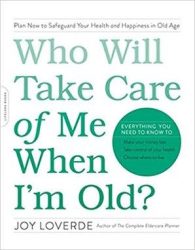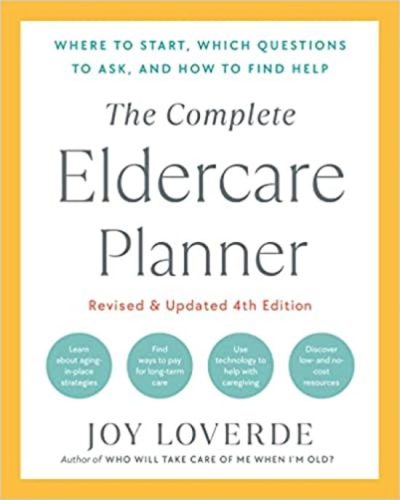You have a feeling that it’s time to pay attention to your aging parents. They are healthy and active now, but you are well aware of what may happen down the road. They may be diagnosed with a chronic illness. Or worse yet, they may run out of money. And YOU don’t want to be caught off guard.
You might be wondering… How do I open up the dialogue about planning ahead. Do I ask them directly about their health or how much money they have in the bank?
Let’s back up.
You live in your own little world and your parents live in theirs. So when you start talking to them about anything related to their future, what you are saying and how they perceive the conversation is often different than what you might think.
When discussions between a parent and an adult child take place, each person – parent and child — enters the discussion from a distinctly different point of view. Being sensitive to these differences may help make interactions with your aging parents go more smoothly.
Let’s start with us, the adult child.
Watching a parent age is a poignant experience. To notice suddenly that Dad’s hair is pure white or watching as Mom walks ten paces slower than usual triggers fears that significant decline, or even death, is right around the corner. In an attempt to hold back time, we make statements such as, “Mom, if you sell the house and move closer we can spend more time together,” or, “Dad, are you sure you’re feeling up to mowing the lawn?” Below the surface we may be struggling with their mortality and having thoughts like, “When did you get to be so old?” and, “You’re the parent, you’re supposed to take care of ME,” and, “I don’t want anything to happen to you.”
The fact remains that we may someday live life without our parents and thoughts of that nature may race through our minds as we talk with them. So at this point we may sincerely believe that the perceived role of the adult child when talking with parents, is to shelter and protect.
Our parents, on the other hand, may operate from a completely different set of attitudes and self-guided rules. When they tell us they “don’t want to be a burden,” they mean it! They believe that staying out of our way (and remaining independent at all costs) is the RIGHT thing to do. Unfortunately, they may be unaware of the serious consequences of being extremely independently-minded.
Maintaining independence at an advanced age is often an impossible dream. Some level of assistance from others is often needed. Most of us have been raised to prize independence and individualism, yet in a fundamental way we are dependent—and more precisely, interdependent—on others.
The objective of parent-adult child eldercare conversations is to encourage mutually responsible partnerships. Partnering with, rather than parenting our parents, is the desired approach.
Do what you can to focus conversations on “we” rather than “you.” When your parents make decisions that are not for the benefit of everyone else around them, keep them accountable for their own choices. Have a “Now what?” conversation rather than an “I told you so” conversation.
The Complete Eldercare Planner offers a host of conversation-starters suggestions.


